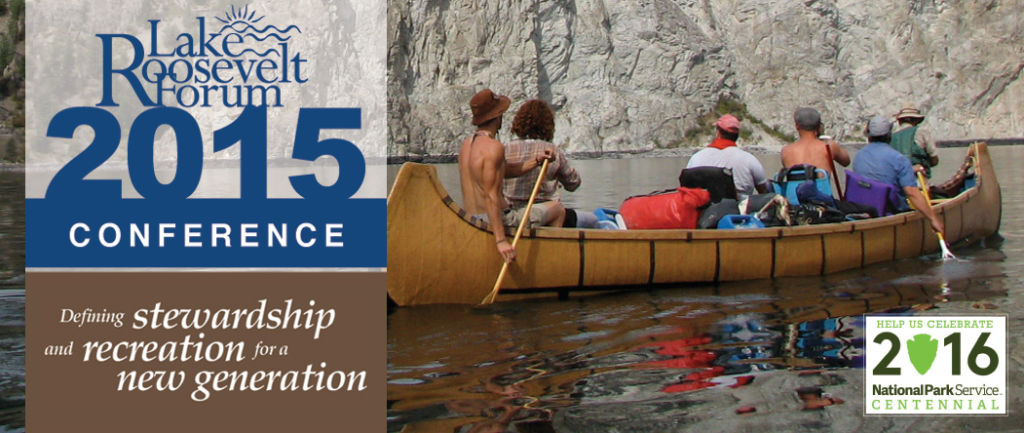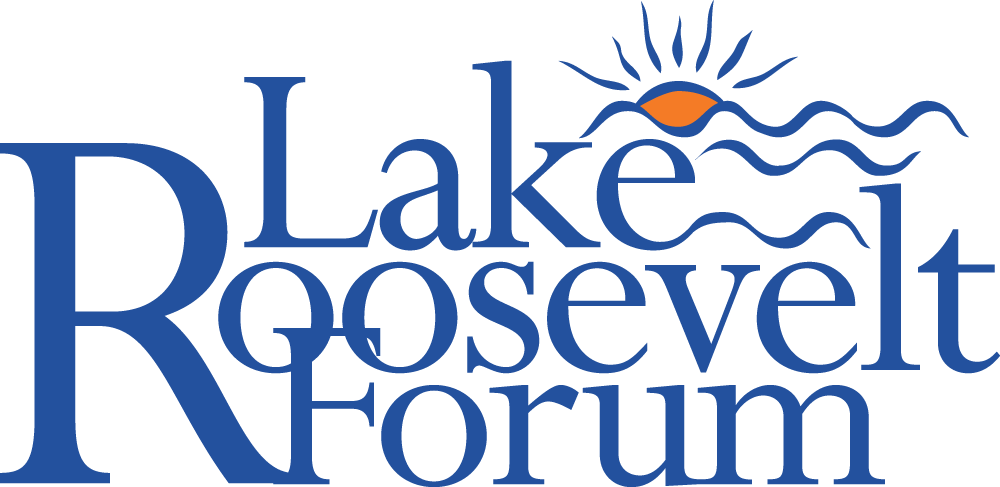
Time to register for the 2015 Lake Roosevelt Forum Conference, April 21—22 at the Davenport Hotel. As with past conferences, this is the meeting place for elected officials, tribes, agencies, interest groups and citizens to network and learn from each other.
“We’re very thankful to the many people and groups who developed the conference agenda,” said Andy Dunau, the Forum’s Executive Director. “A lot of sessions really lean into future possibilities that were considered unlikely or impossible in our lifetime.”
For instance, feasibility studies to consider reintroduction of salmon and steelhead above Chief Joseph and Grand Coulee dams is a potential game changer for the region. Click here to see the Upper Columbia United Tribes (UCUT) draft work and coordination plan to initiate these feasibility studies. The plan, perspectives from regional leaders, and feedback the UCUTs are receiving at meetings soliciting public comment lead off the conference.
Transboundary ecosystem management is another key feature of the conference. Said John Harrison with the Northwest Power and Conservation Council, “The Forum conference will pick up where we left off last October at the international Columbia River conference, which also was held in Spokane. The Forum conference provides an opportunity for people from both sides of the border to follow up on commitments made last October to improve cross-border collaboration and communication around issues that affect all of us, such as ecosystem function but also including related issues such as salmon restoration and fish passage, climate change, energy, and transboundary river governance.
Click here to view the report from the October conference.
On day two, the Forum is pleased to introduce a track of sessions that combines celebration of the National Park Service Centennial with deep discussions on how we manage and interpret our natural resources moving forward. Said Dan Foster, Lake Roosevelt National Recreation Area Superintendent, “The environmental, economic and cultural dimensions to our work are both fascinating and challenging. This is a unique opportunity to engage with people and brainstorm ways to innovate and collaborate.”
Leading up to the conference, the Forum will be providing updates on the content and speakers for various sessions. Defending against invasive species, new toxic-reduction proposals from Governor Inslee, RI/FS studies, lake operations, water management, and developing an Ice Age Floods National Geologic Trail are all on the agenda.
“We live in interesting times,” said Dunau. “The conference is a place and space for people to see how their understanding of the future fits with others.”
Join us.

